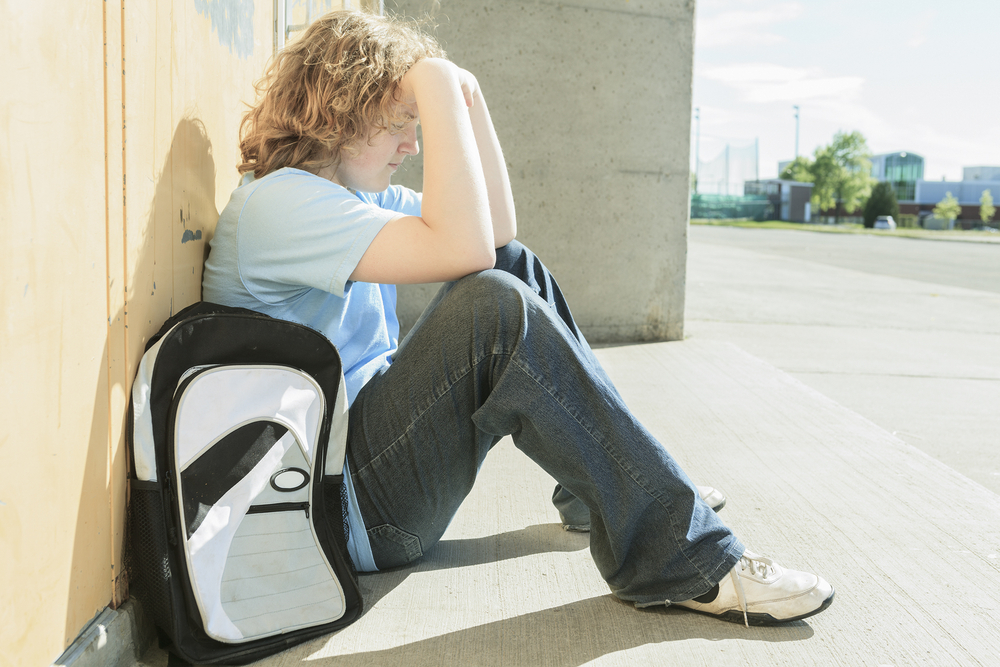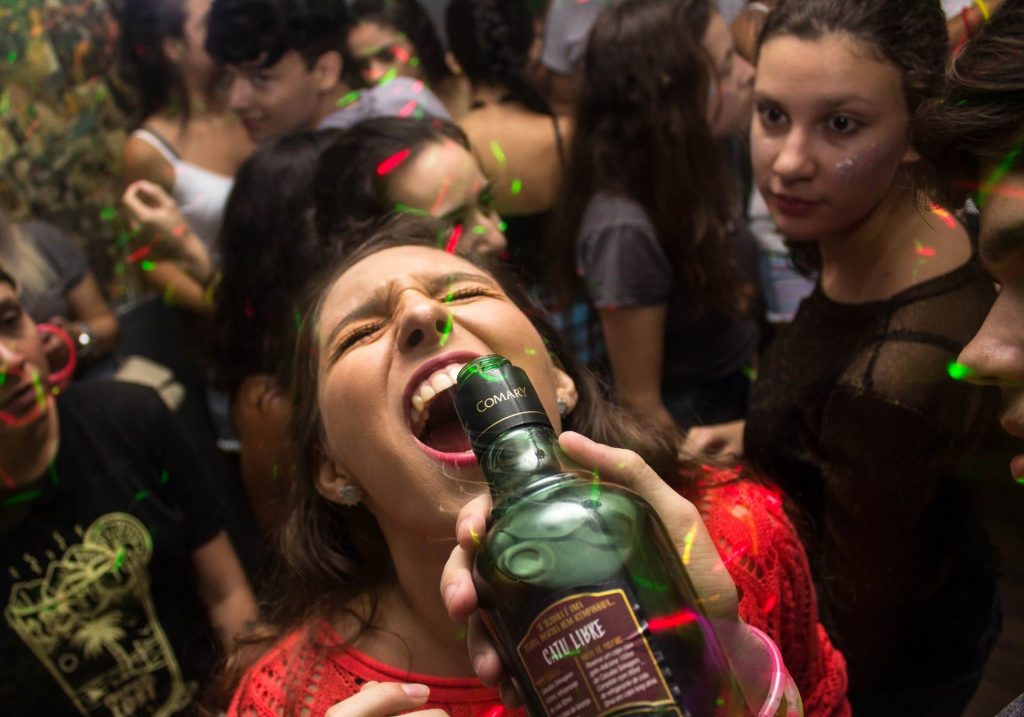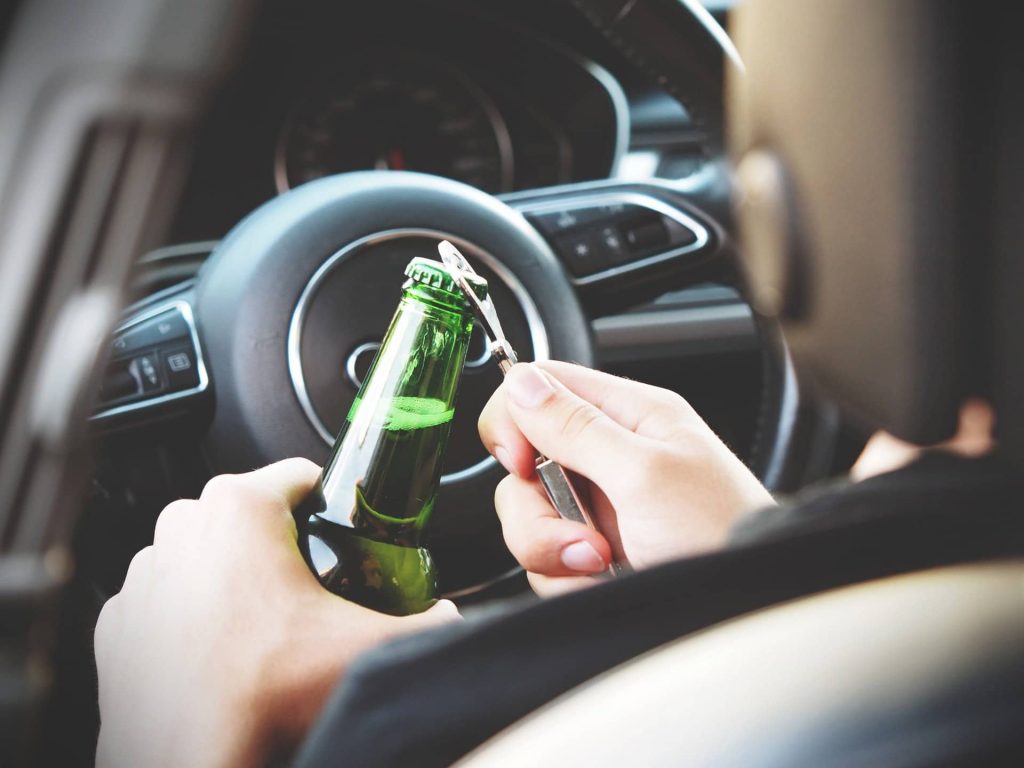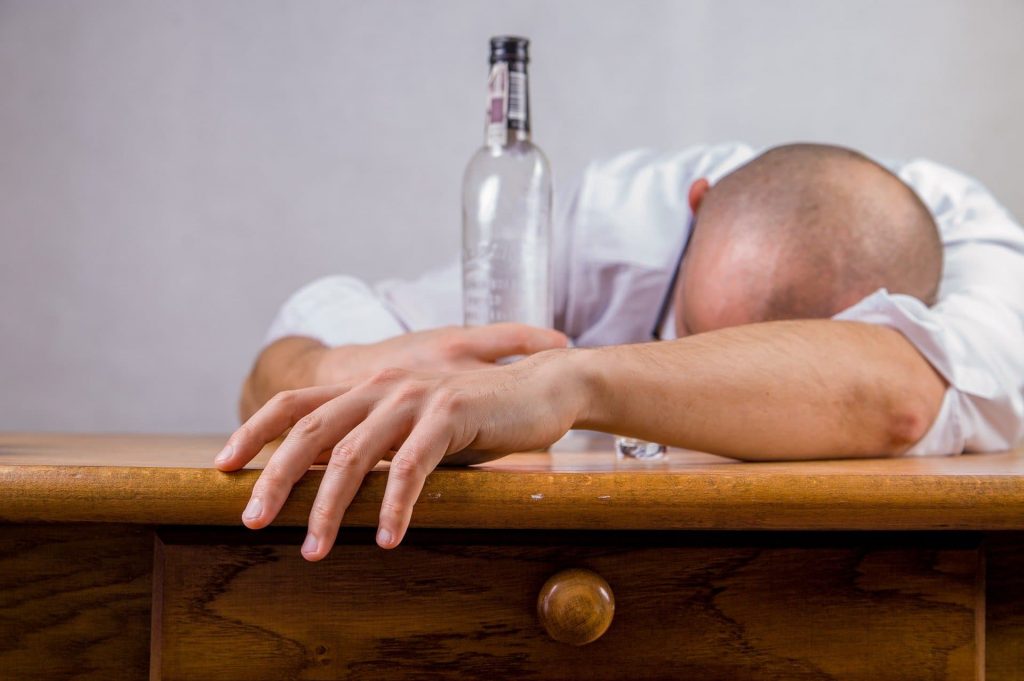TikTok and Teen Drug Use: How Viral Trends Shape Perception
TikTok has exploded in popularity among young people. But along with dance memes and comedy skits, the social media platform is rife with videos depicting drug use among teens in a surprisingly casual light. Scrolling through the “For You” page, it’s easy to find clips of teens experimenting with alcoholic beverages, misusing medicines, or showing off vaping tricks.
Viral Content as the “New Normal”
TikTok’s algorithm delivers content based on user behavior. A teen who engages with videos about cannabis or alcohol might quickly find their feed full of similar posts. Repetition desensitizes in real time. Content that once seemed shocking soon feels normal, especially when portrayed as humorous or relatable.
These videos rarely show outcomes like hangovers, arrests, or overdoses. Instead, they promote a filtered, upbeat version of reality that minimizes harm, spreading misinformation about prescription drugs, alcoholic beverages, and even illegal drugs.

Viral Trends That Normalize Substance Use
Here are a few troubling TikTok trends that have circulated widely:
The Benadryl Challenge
One of the most dangerous trends encourages teens to take excessive amounts of Benadryl to hallucinate. In 2023, a 13-year-old boy in Ohio died after attempting this challenge. The videos that inspired him made it look like a thrill, not a medical emergency.
DIY Highs
The “Nutmeg Challenge” encouraged teens to consume large amounts of the spice for a psychedelic effect. Nutmeg in high doses is toxic, leading to confusion, heart palpitations, and lasting damage. Yet the challenge gained traction, often presented as a weird experiment rather than a serious risk.
BORGs (Blackout Rage Gallons)
Popular among college students, BORGs involve mixing vodka, water, and flavor enhancers into gallon jugs. Despite claims that these drinks are “safer” because they include electrolytes, they often contain the equivalent of 16+ shots of alcohol. One TikTok-fueled BORG party led to 28 students being hospitalized for alcohol poisoning.
Vaping Videos
Teens frequently post vaping tricks and brand endorsements, portraying vaping as trendy and harmless. The health risks, addiction potential, and legal issues are rarely mentioned.
Hashtags Like #TripTok and #SniffTok
Under these tags, users share experiences and skits related to cannabis, ketamine, or even prescription drug misuse. These videos often present drug use as funny or bonding, downplaying or ignoring risks.
How Misinformation and Peer Pressure Work Online
Many teens know about the dangers of drugs. But TikTok’s content makes those dangers feel distant. When someone scrolls through dozens of upbeat videos about drinking or smoking weed, they start to see it as normal, even expected.
The problem is what’s missing. Teens aren’t seeing detox, withdrawal, or ER visits. They’re not seeing the ramifications of full-blown addiction. This selective portrayal of reality can mislead teens into thinking drugs are safe in moderation—or even that they’re a social necessity.
Negative peer pressure plays a huge role. On TikTok, popularity is measured in views and likes. When risky behavior goes viral, it sends a signal: this is what gets attention. That kind of social validation influences behavior, especially among teens who may already feel isolated, stressed, or insecure.
For teens with existing risk factors like mental health challenges or family trauma, TikTok’s messaging can be especially harmful. A funny video about getting high may reinforce the idea that substances are a solution to deeper problems.

Real-World Consequences
While not every teen who sees drug-related TikTok videos will try them, these trends have had clear offline impacts:
- Teens have been hospitalized after following challenges.
- Emergency room visits and overdoses tied to social media–influenced behavior are on the rise.
- Platforms like TikTok are increasingly used to access or buy prescription drugs that may be laced with fentanyl, leading to unintentional overdoses.
- Peer influence has led some teens to drink alcohol, or smoke electronic cigarette (vape) to feel included in viral culture.
The content teens consume online contributes to risky decisions offline—and in some cases, tragically fatal ones. Drugs like opioids are a public health crisis
How Parents Can Respond
TikTok isn’t going away. Instead of panic, parents can focus on education, dialogue, and boundaries.
1. Talk Without Judgment
Ask your teen what they’re watching and how they feel about it. Share what you’ve seen, too. Rather than lectures, aim for conversations. The goal is open communication, not control. Tell them they can talk to you about anything, especially if they’re feeling pressured or confused about what they see online.
2. Promote Critical Thinking
Help your teen understand that not everything online is true. Discuss how videos can be staged, edited, or only show part of a story. Encourage them to ask: “What’s missing here? What might have happened after this video ended?”
3. Monitor and Support Without Spying
Keep tabs on what your teen is exposed to—without invading their privacy. If you’re not already connected on TikTok, ask to see the kinds of accounts they follow. Teens with engaged, supportive parents are less likely to try alcohol and marijuana or experiment with drugs in secret. Staying aware is critical for your family safety as well as growing public health effort to reduce digital exposure to risky behaviors.

4. Address the Underlying Why
Talk about why teens might want to use substances. Boredom, social anxiety, or emotional pain are all common motivators. If your teen is dealing with mental health challenges, make sure they know there are safer ways to cope.
5. Share Real-Life Consequences
Without fearmongering, talk about the actual risks. Mention overdose deaths tied to fake pills. Bring up the students hospitalized from BORGs. Let them know that what happens online doesn’t always stay there—and that bad decisions can carry real world costs.
6. Encourage Healthier Content
Not all of TikTok is harmful. Some creators promote sobriety, mental wellness, and honest discussions about drug recovery. Help your teen find and follow accounts that reflect positive values.
A Shared Responsibility
TikTok’s influence on young adults isn’t going away. But it doesn’t have to lead to harm. With informed parenting, open communication, and strong critical thinking, teens can learn to question what they see and resist harmful trends.
The key is staying involved. Don’t assume your teen knows better. Talk to them, ask questions, watch a video together, and unpack it. That small investment of time can prevent big problems down the road.
And if your teen is already struggling—or if you suspect substance use is becoming a problem—don’t wait to get help. The risks are too high, and the stakes are too real to go it alone.
Where to Turn for Help
If your teen is already struggling with substance use or mental health challenges, don’t wait. Reach out for help. Professional support can make all the difference in preventing a temporary mistake from becoming a long-term crisis.
More Than Rehab offers evidence-based treatment and resources tailored for teens, young adults, and families facing challenges related to substance use. Visit More Than Rehab to speak with a caring team that understands the pressures today’s youth face—and how to turn things around before it’s too late.





